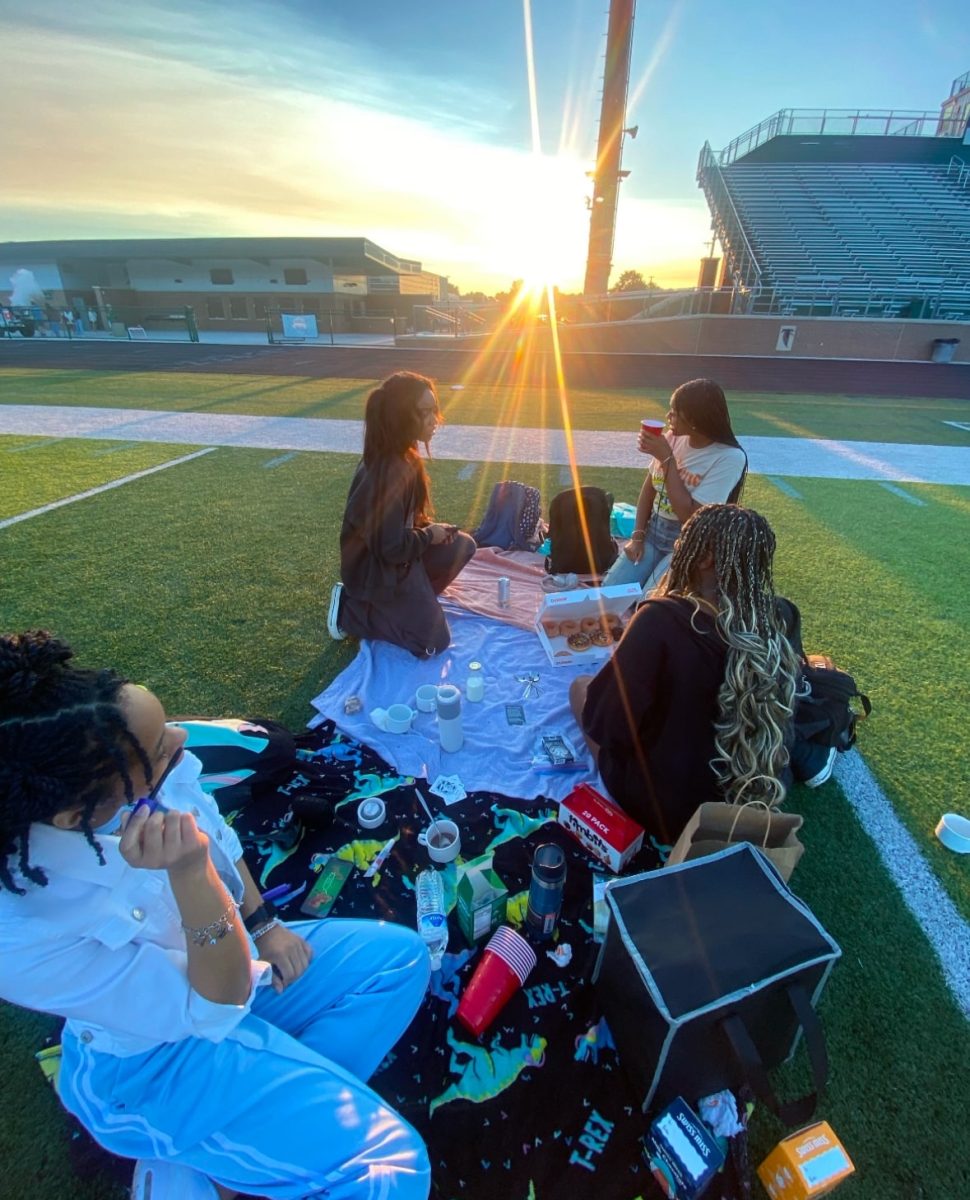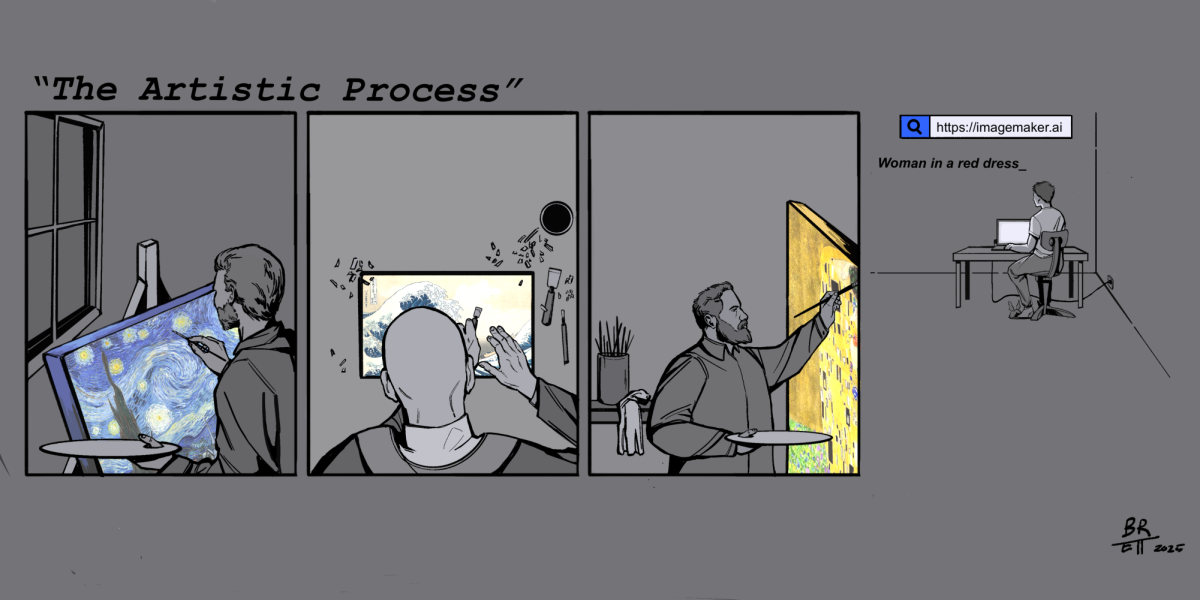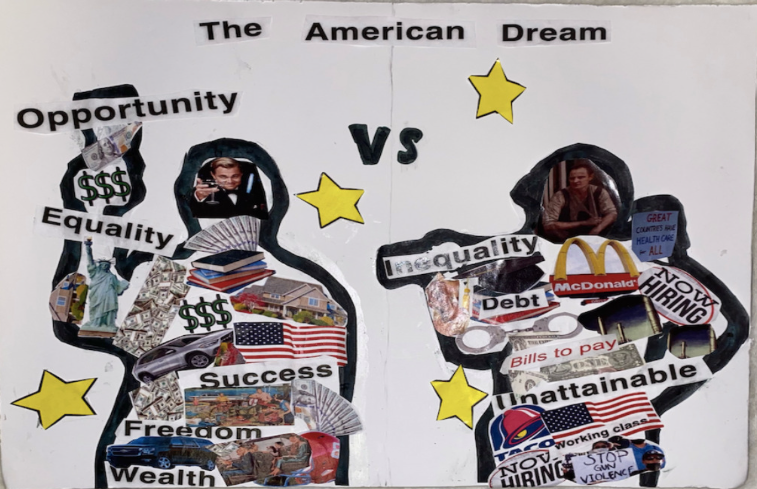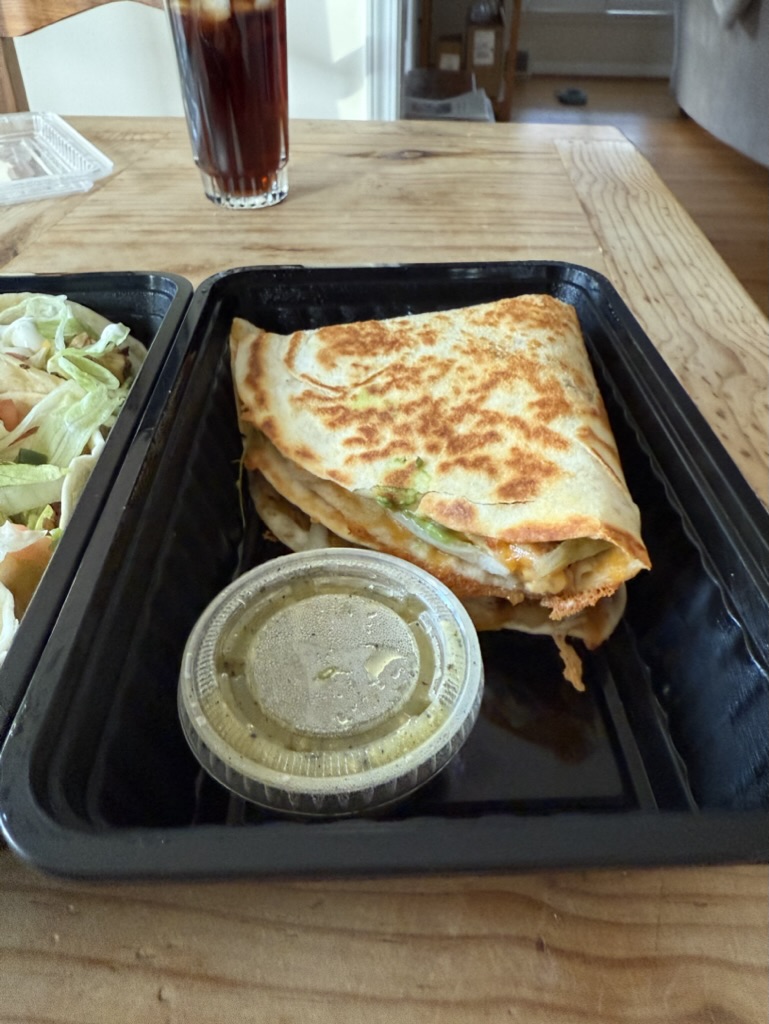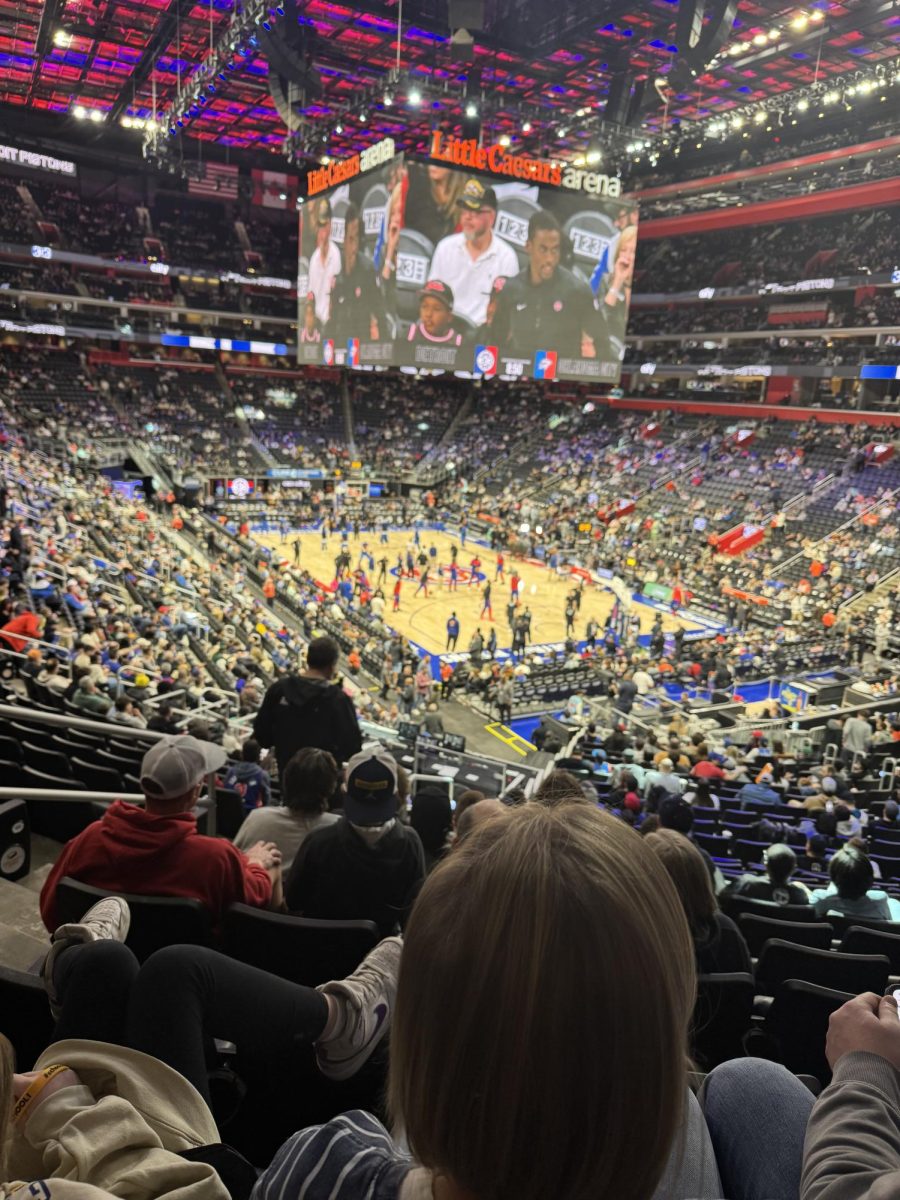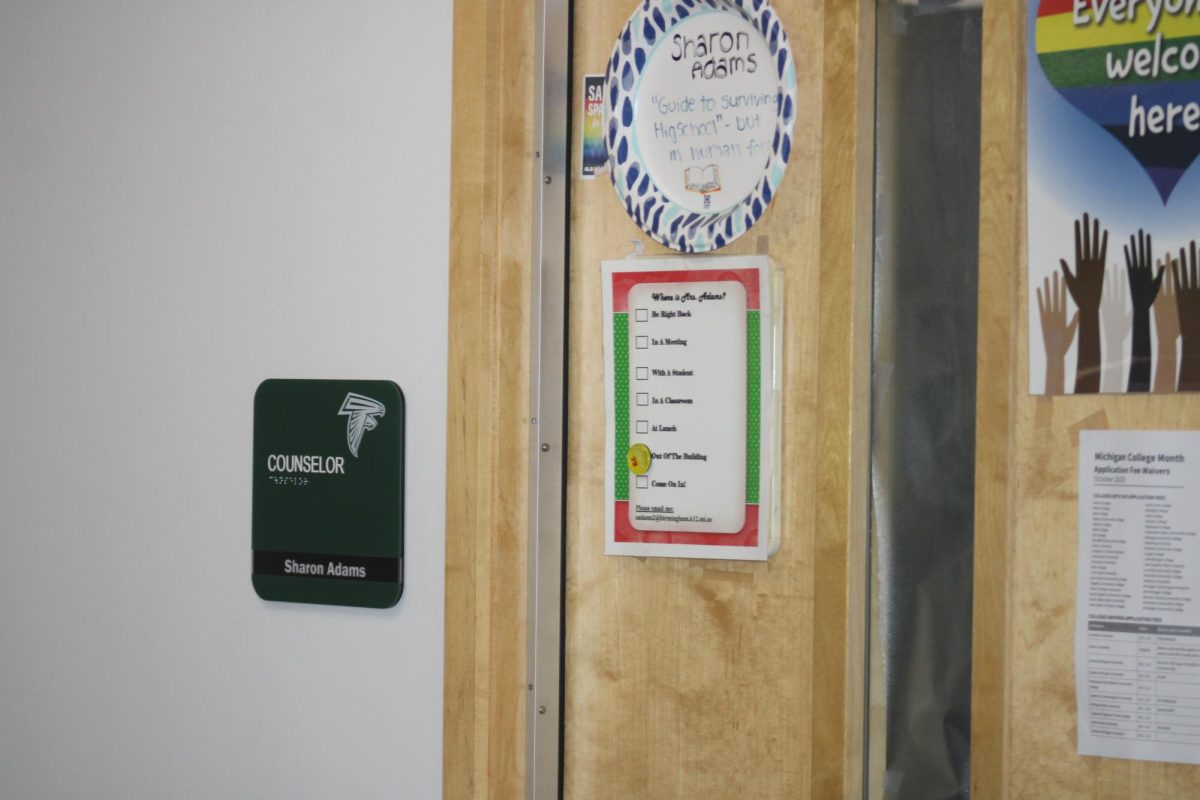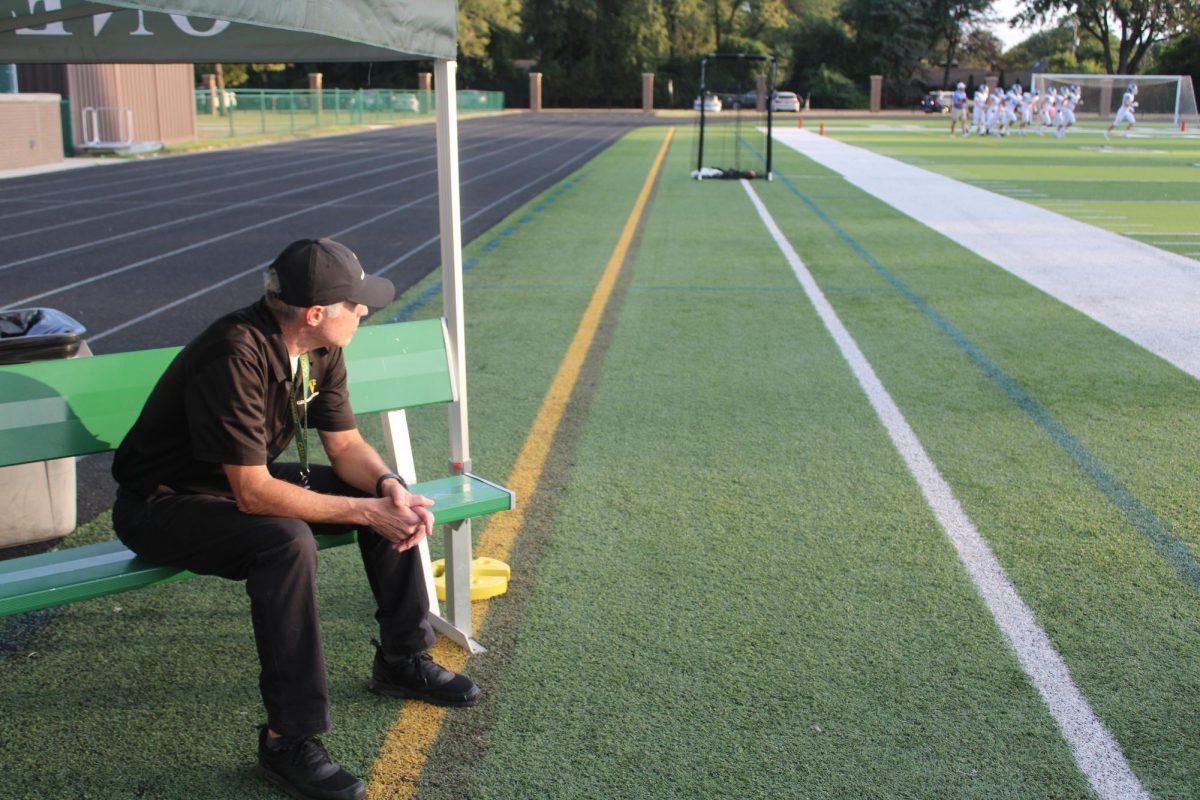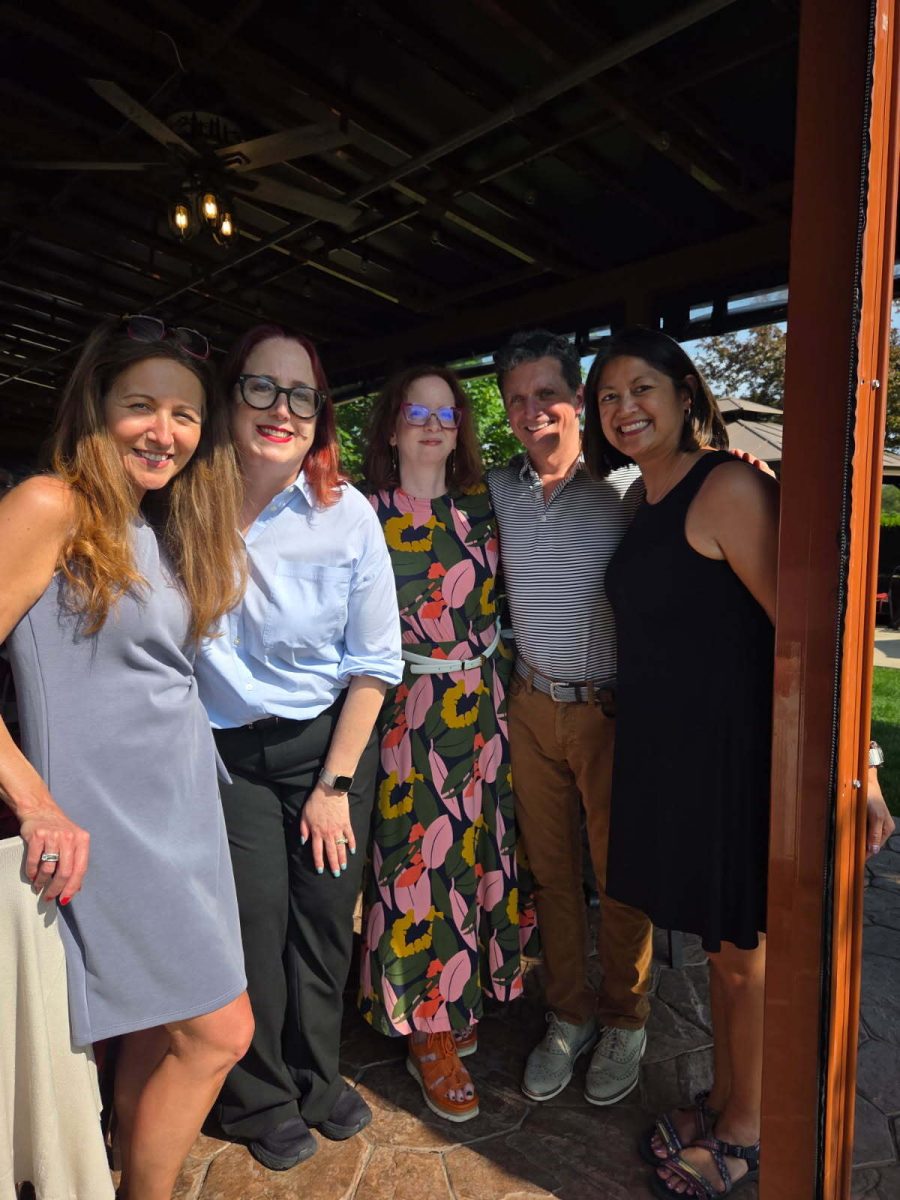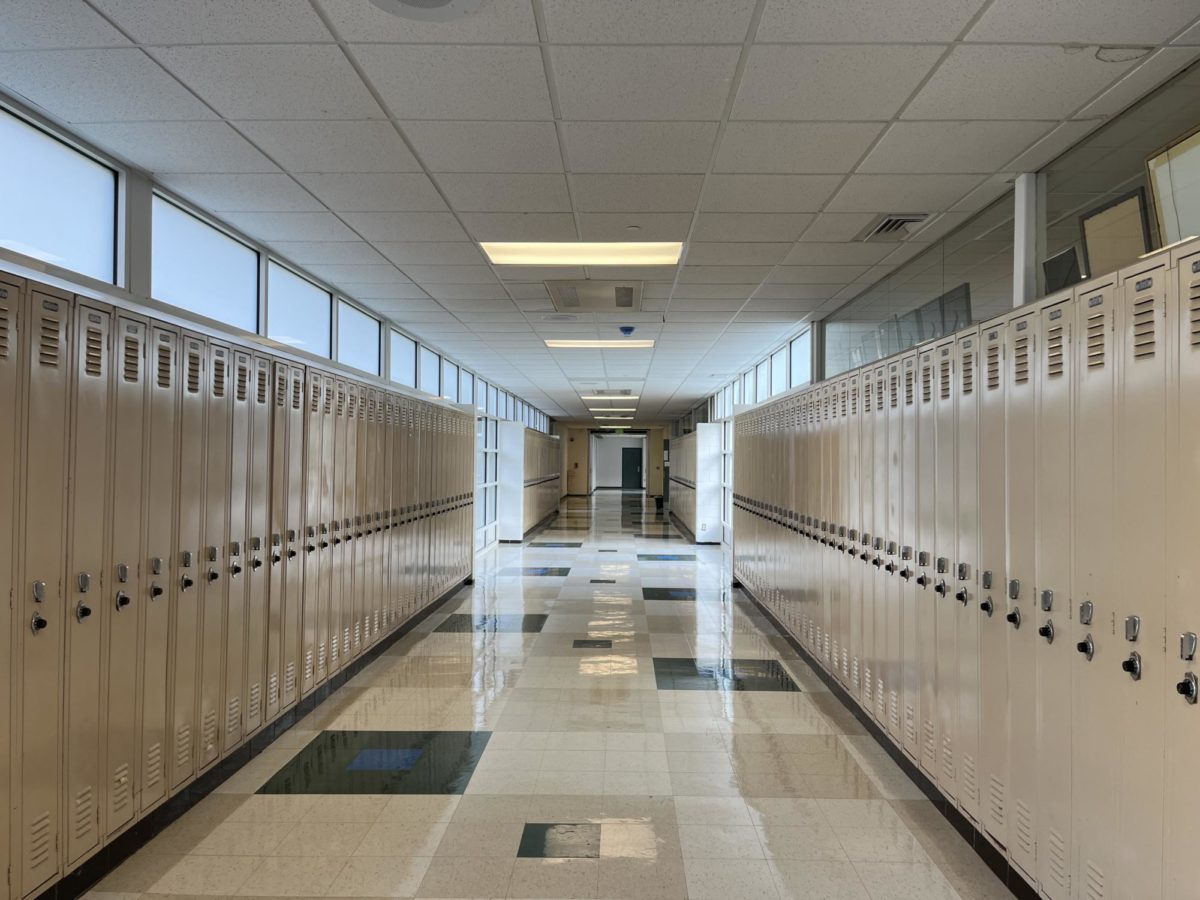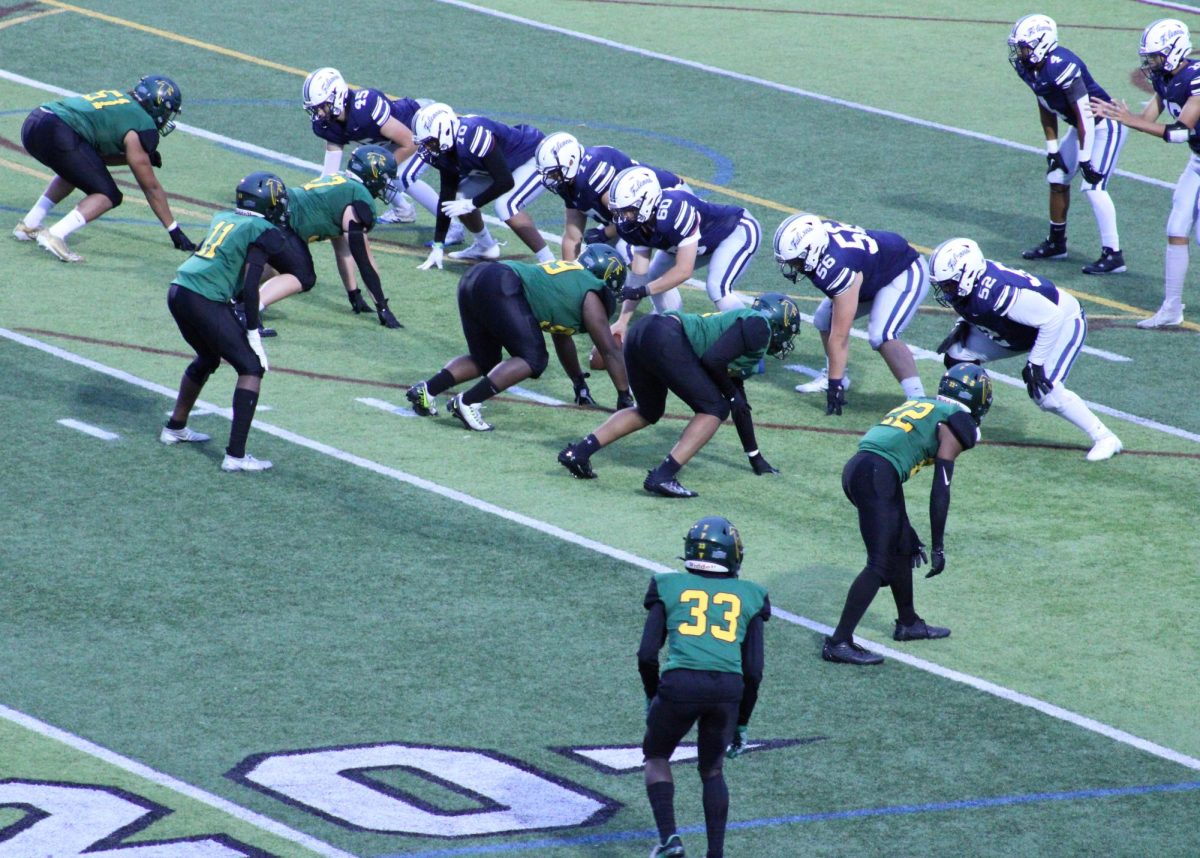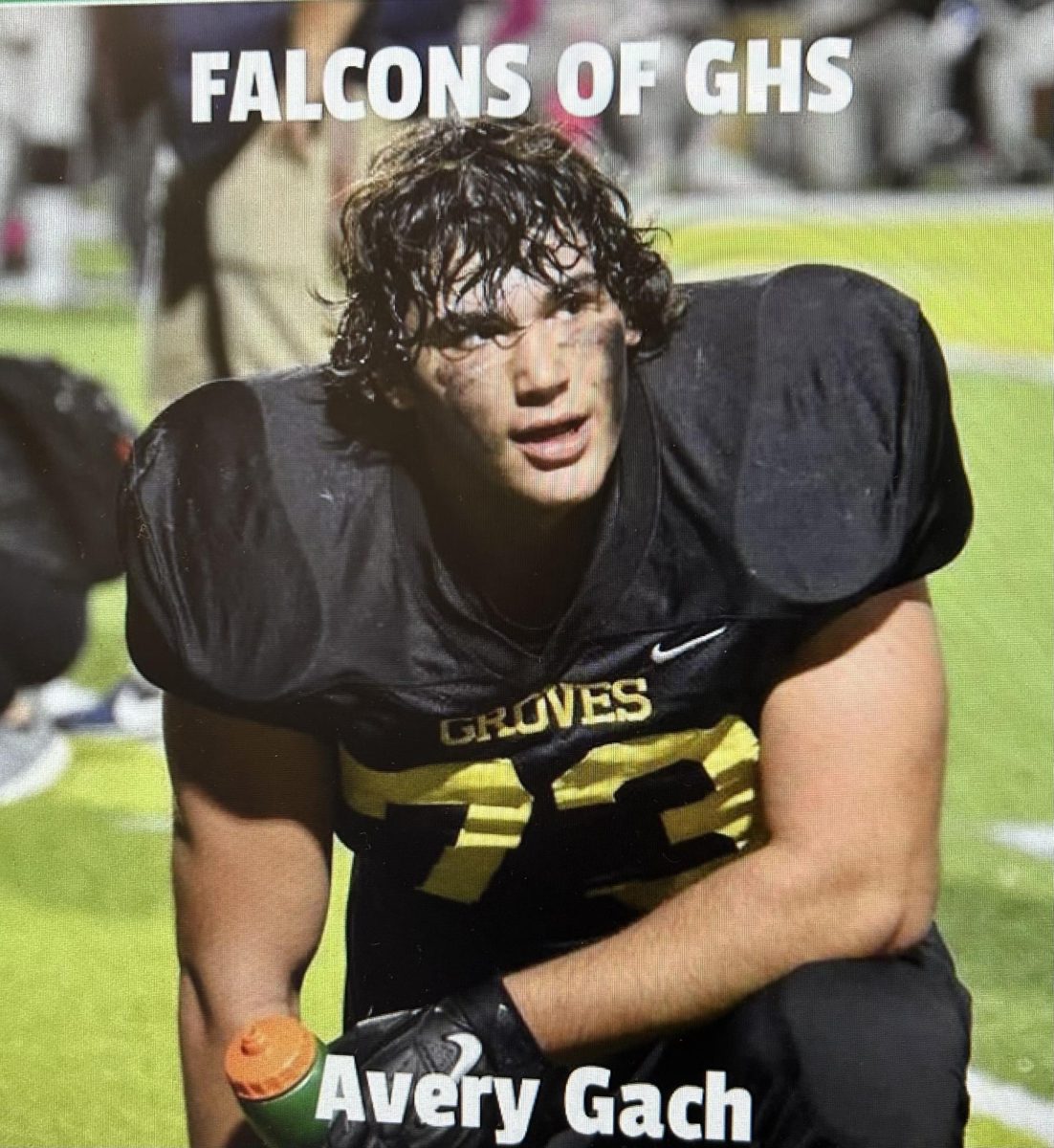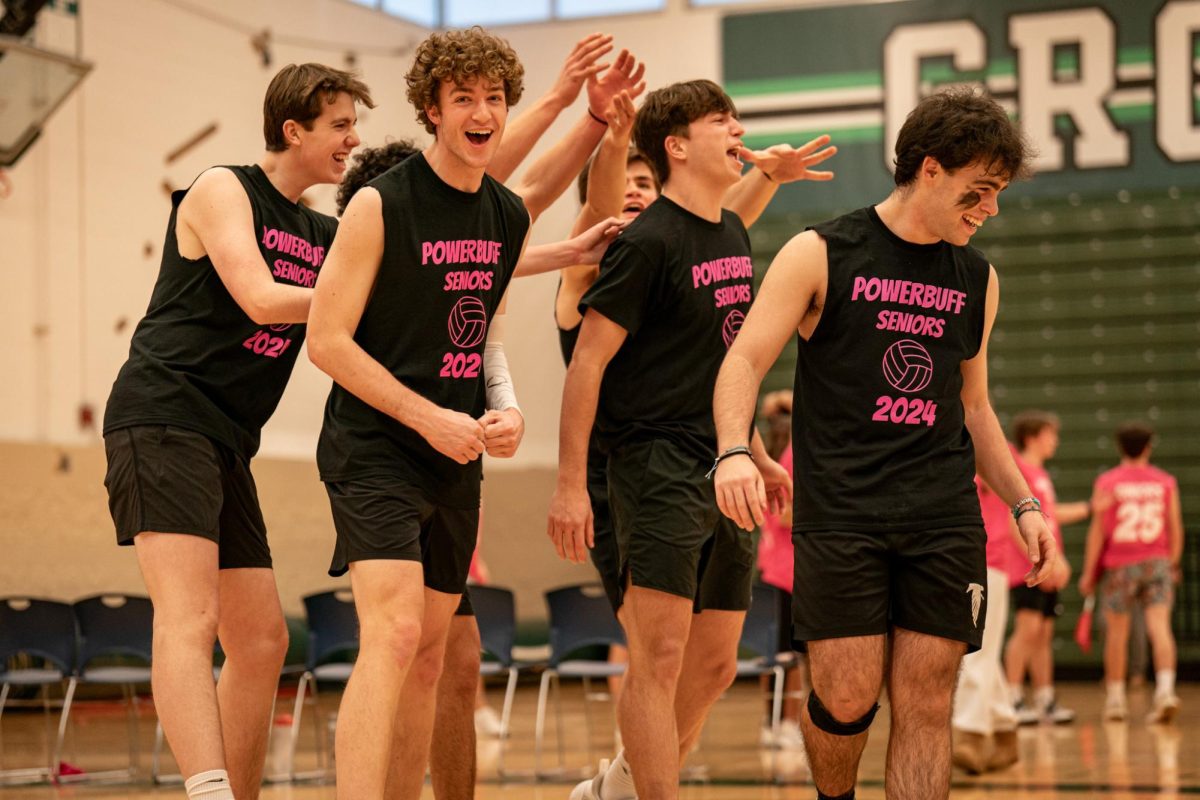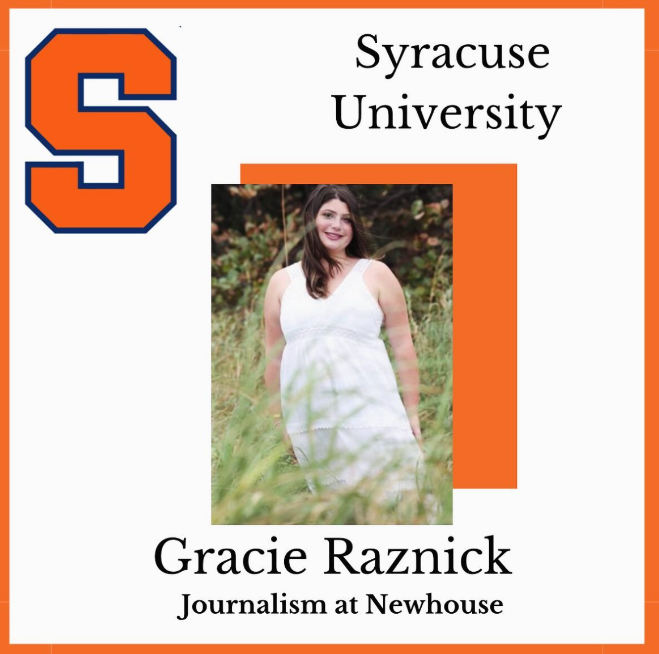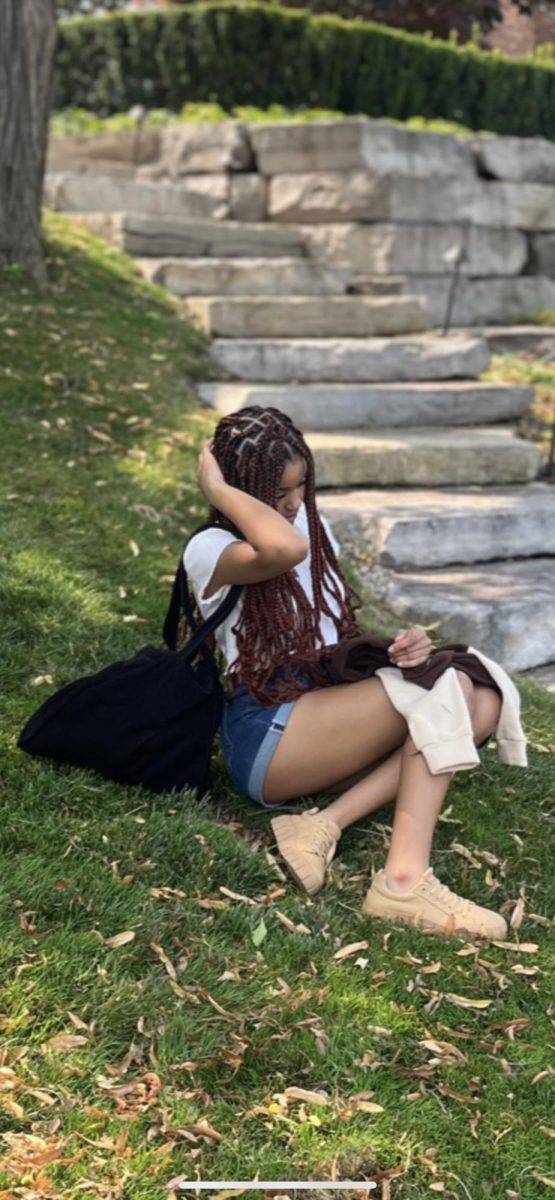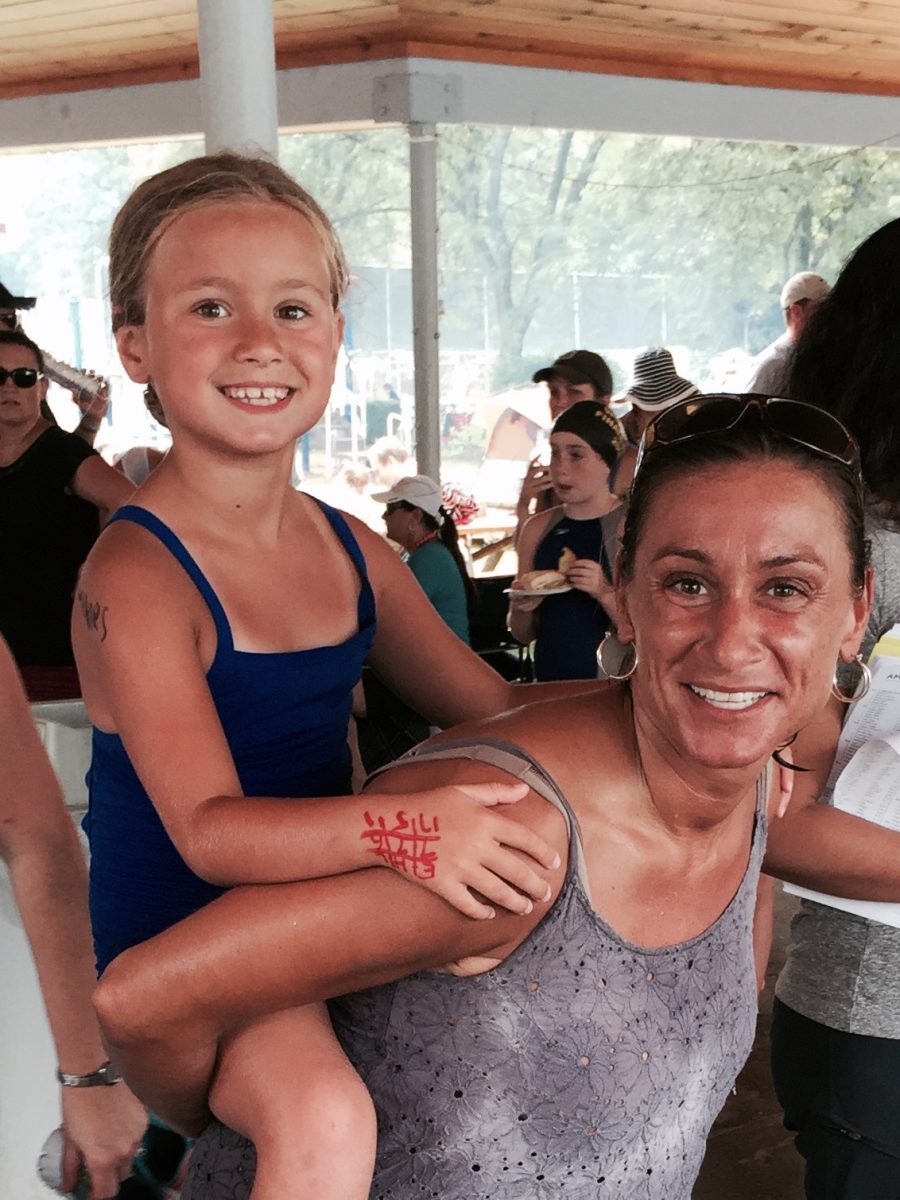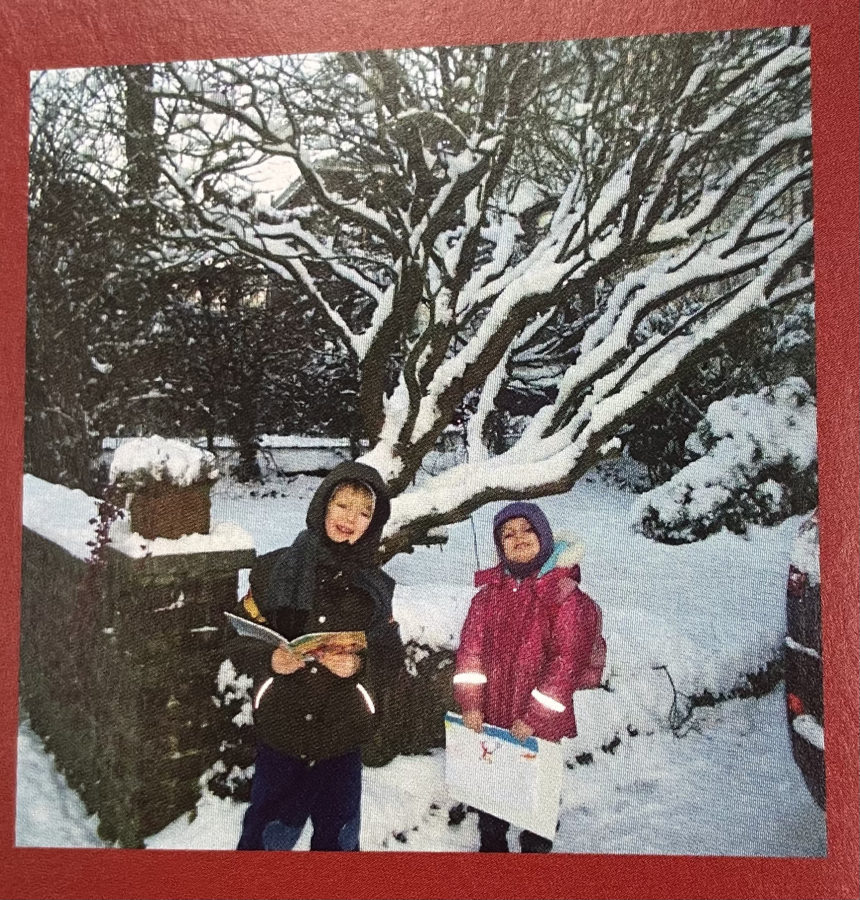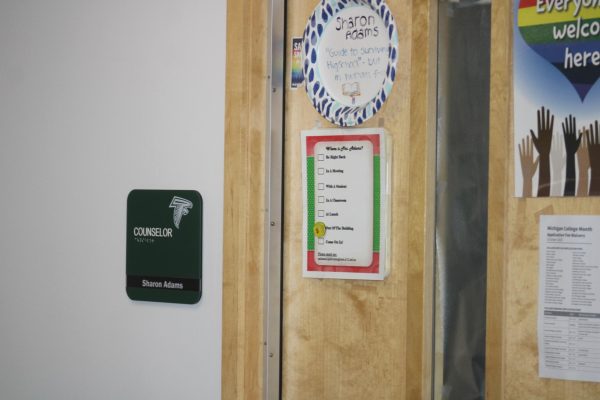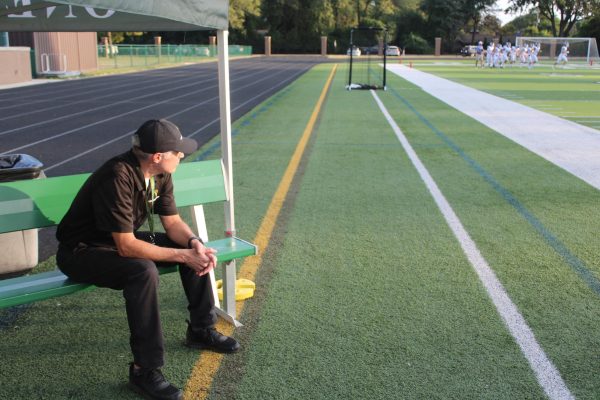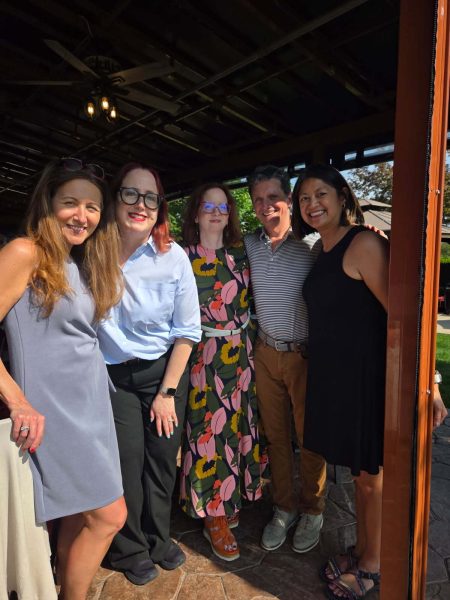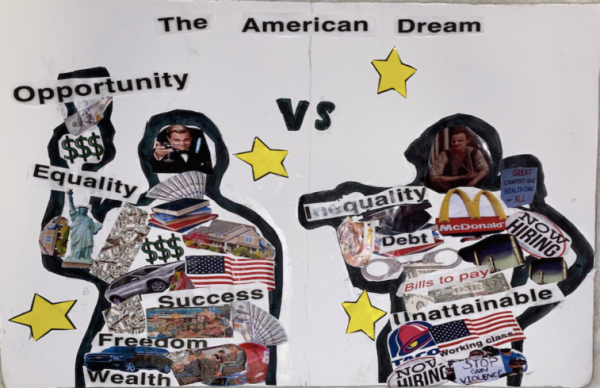Culture shocks at Groves
Straight from the pages of his mother’s scrapbook, this picture shows Arvid and his brother Eren on a snowy day in Belgium. This memory is one of many from Arvid’s childhood – adventures throughout Europe and beyond. From Belgium and Estonia, to Turkey, Greece and France, Arvid and his family have traveled far and experienced many cultures.
As someone who hopes to travel the world some day, experience new cultures and try some unique cuisine, I often forget that I can open my eyes to new perspectives right here at Groves. Maybe in ten years I’ll be able to afford a first class ticket to Italy, but for now I have to keep my feet on the ground. However, I and other aspiring tourists can learn a lot from international students here at Groves.
A classmate of mine, Arvid Aksu, has seen many different countries and cultures, and has shared his unique experience with me. Aksu, a senior, recalls the first few years he spent in America. Born in Brussels, Belgium, he came to America when he was nearly six years old. Raised by Estonian and Turkish parents, he is exposed to numerous cultures and has observed many cultural differences. When asked about his first interactions with Americans, his reply wasn’t all too shocking.
“[Americans] were always asking about my accent and where I was from. I guess when I first came here I had a more distinct accent so they could tell that I wasn’t American. Overall they were alright, I didn’t really experience anything bad when I first came,” said Aksu.
While I’m glad he hadn’t received any negative feedback, I can imagine how hard it must be to be questioned all the time. While the question “where are you from?” may seem like innocent curiosity, it must be frustrating to be questioned every time you speak.
As for the cultural differences and culture shocks he experienced, Aksu has some interesting observations.
“Something that I still have culture shock about is how early people have dinner here. We usually have our dinner at around 7-8pm, and a lot of people say that’s really late for their dinners. [Americans] have it at 5-6pm and I think that’s way too early,” said Aksu.
Personally, my family eats dinner around 7-8pm because of our busy schedules, but I can see how this time frame may be too late for other American families with smaller children who have an early bedtime. On the other hand, eating later has some advantages. My family doesn’t usually have to fight for dinner reservations, since most families pick the earlier times.
As for the food on the table, Aksu has mixed feelings regarding American cuisine.
“Everything is deep fried. If it’s a good amount of deep fried then it’s alright – but if it’s massively deep fried, I’m still gonna eat it but it just doesn’t taste right. American food is unhealthy in a good way,” said Aksu.
I agree with Aksu in regards to American food being too fried. I know that is a very controversial statement to many Americans, but I’ve never cared for fried foods. The only exceptions to this are french fries and my Nani’s latkes— those are some of my comfort foods.
Aksu recalls the convenient layout of his hometown and urges American cities to take after the structure.
“It was a lot easier to move around [in Belgium] even if you didn’t have a car. But here you need a car to get from place to place if it’s too far of a walking distance. In Belgium, we just walked everywhere or we’d take the metro or the bus and we’d get there easily without a car. It’s not walkable here. I don’t understand why it’s so car-dominated,” said Aksu.
I, too, have wondered why many American streets are without walkable sidewalks. While I do enjoy listening to my music and going for a drive, it would be nice to be able to walk places. Instead, I have to waste gas driving to and from places that would have taken me only five minutes to walk. However, I’m sure car and gas companies love this system.
Lastly, Aksu misses the education system back in his hometown. Like many American students, he criticizes the American school system and especially dislikes the Integrated Math system.
“The education here is not as great. You don’t see the Integrated Math system anywhere else. You have to teach yourself— why do we come to school then!” said Aksu.
Aksu and I have shared a math class together these past two trimesters and have both gone through the Integrated Math program here at Groves. I do not particularly like this math program either. Math has always been my weakest subject, but ever since I started the Integrated Math program, it has become even more challenging. I feel as though I can speak for the majority of students at Groves when I say that the Groves staff should re-evaluate their math program for the betterment of future students.
While I am not thankful for the Integrated Math program, I am very thankful for our diverse Groves community. I am fortunate enough to have the opportunity to meet people from all different backgrounds and learn more about their cultures. However, like most communities, there are things we need to improve. I believe that if we all go out of our way to see things from new perspectives, we will better our community and build a sense of belonging. If there’s one thing I hope you take away from this, it’s that I encourage you to venture outside your social group and talk to new people. Who knows– you might learn something new!
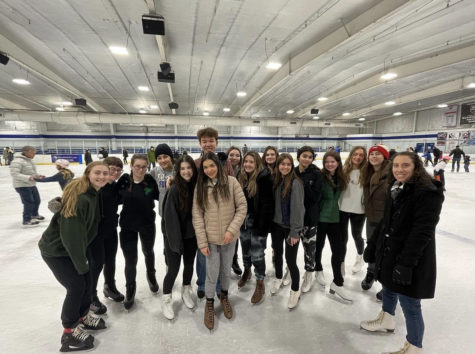
Your donation will support the student journalists of Wylie E. Groves High School. Your contribution will allow us to purchase equipment and cover our annual website hosting costs.

Leah Salzenstein, senior, is a managing editor for the Scriptor. She loves to write opinion and new feature pieces. Some of her published articles include...






